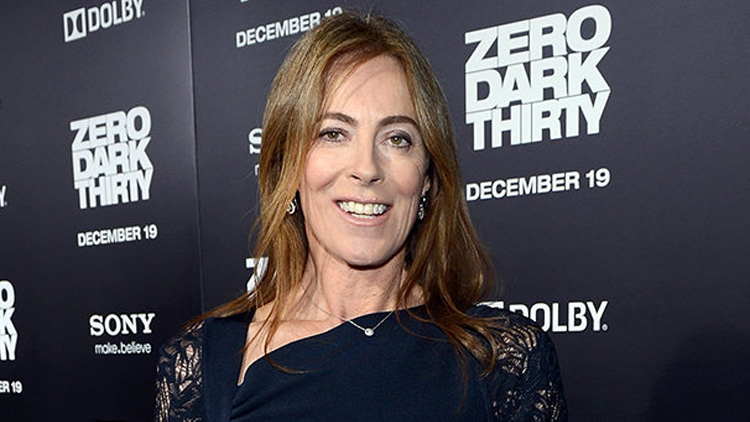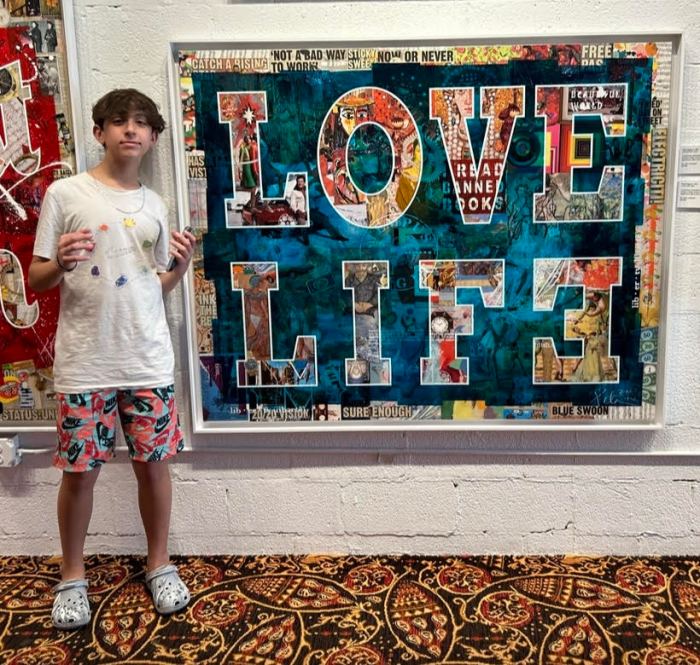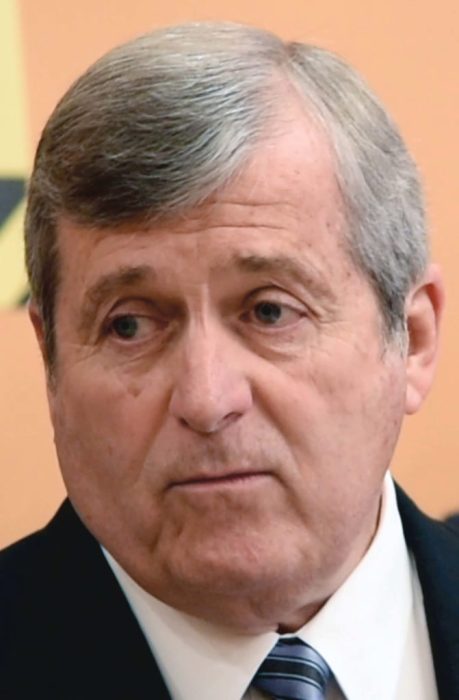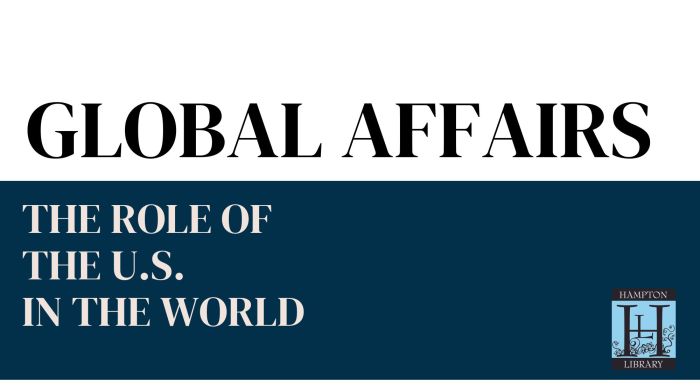To the rest of the world, America means Hollywood and Hollywood is America. So that’s why I got a special kick out of Amy Poehler’s quip at the recent Golden Globes awards ceremony about Kathryn Bigelow, the supremely talented director of “Zero Dark Thirty,” whose movie recounting the operation leading up to the killing of Osama bin Laden has come under fire for its portrayal of CIA-directed interrogation of al-Qaida militants.
“When it comes to torture, I trust a lady who spent three years married to James Cameron!” Poehler said to the appreciative Beverly Hills crowd who know a thing or two about torturous marriages.
As for the issue itself, Huffington Post’s Dan Froomkin says no one should see this movie because it glorifies torture or, at least, doesn’t condemn it strongly enough.
But this superbly nuanced film itself makes no such claim, and the central character, an obsessive CIA agent played by Jessica Chastain, gets the clues she needs to find bin Laden through other means. Having an American movie audience confront, albeit in the comfort of their theater seats, the full implications of what Dick Cheney and fellow war criminal Donald Rumsfeld dubbed “enhanced interrogation techniques” is commendable and I welcome the controversy because it promises to be cathartic. Better late than never.
In fact, three of the top films in the running for Golden Globes and the Oscars do say a lot about our current state of politics and our relationship with the world. Escapism is not the theme that ties together “Zero Dark Thirty”, “Argo” (about rescuing American hostages held by Iran in 1980) and “Lincoln.” It’s an unusual triple play of contemporary relevance.
I’m not surprised that “Argo” beat both “Lincoln” and “Zero” for the Globe’s best drama because the Hollywood Foreign Press Association bestowed the award. Abraham Lincoln is an American archetype, and a film about him is never going to resonate as deeply elsewhere. We grow up with his profile in our pockets, for heaven’s sake. “Argo” is basically a more conventional Hollywood film, even with a movie producer played to perfection by Alan Arkin who green-lights a fake Hollywood film as key to the hostages’ rescue (and even makes a joke about the Golden Globes award ceremony on screen). It’s a hoot compared to “Zero Dark Thirty,” which is much harder to take and more demanding to watch, because it deals with hot-button events so current they’re still smoldering—and making the news as the controversy shows.
Bigelow and her screenwriter Mark Boal were right to include torture scenes in the narrative. American audiences should face the moral implications of what’s involved to promote or defend American interests. To argue that “Zero Dark Thirty” should focus on the moral complexities of our going to war against the Taliban and al-Qaida in Afghanistan, let alone our subsequent invasion of Iraq, is disingenuous at best. This is not some jingoistic, rah-rah rave-up like President George W. Bush’s “Mission Accomplished” pep rally held on the carrier deck of the aptly named USS Abraham Lincoln.
 Of course, Americans should understand the background of Osama bin Laden’s radicalism, the rise of Islamic fundamentalism, and his violent animosity toward the West. This movie assumes that smart people will already know some of that context. It’s not a homework assignment; it’s entertainment. If it does encourage more informed people to discuss those issues, so be it. Jessica Chastain (left), who won a Globe for best actress, noted that its first weekend box-office returns ($24 million) could have come “because everyone’s talking about it, they want to be involved in the conversation.”
Of course, Americans should understand the background of Osama bin Laden’s radicalism, the rise of Islamic fundamentalism, and his violent animosity toward the West. This movie assumes that smart people will already know some of that context. It’s not a homework assignment; it’s entertainment. If it does encourage more informed people to discuss those issues, so be it. Jessica Chastain (left), who won a Globe for best actress, noted that its first weekend box-office returns ($24 million) could have come “because everyone’s talking about it, they want to be involved in the conversation.”
What price do we pay for our security? We’re under increased surveillance here at home and we don’t seem to mind. It’s time to talk about it. The rest of the world is well aware of our history and our actions abroad. This movie is about much more than one woman’s obsession with getting back at bin Laden because he attacked the U.S. on 9/11. But unlike most other revenge movies, “Zero Dark Thirty” is on a sublime level all its own.
We go into the theatre knowing, in essence, how the story ends, but because of Bigelow’s artistry we are glued to our seats. “Argo” may occasionally raise our adrenaline higher—particularly the Hollywood-inspired final reel—but we know how that story ended also.
Some of the arguments against “Zero Dark Thirty” don’t hold up to scrutiny. To compare Kathryn Bigelow to Leni Riefenstahl, the German director whose “Triumph of the Will” will be forever clouded by its unmitigated hero-worship of the Third Reich, is so problematic and tendentious as to be ludicrous. Bigelow’s “Zero Dark Thirty” and her “The Hurt Locker” are not propaganda films. Besides, Riefenstahl’s artistry is clearly acknowledged by her detractors and supporters alike. Was she a war criminal? I don’t believe so. Saying that Bigelow, who has been a trailblazing woman in the male-dominated bastion of Hollywood, is an apologist for U.S. foreign policy because her films after 9/11 aren’t sufficiently politically correct in their criticism of our country is a specious intellectual exercise. Of course, as a successful American filmmaker with big money backing her, she’s not immune from the pervasive influences of our cultural dominance. Blame her for trying to reach a mass audience, not an art house crowd.
But don’t disparage the film with a false consciousness. By the same measure, should we hold Ben Affleck accountable for not fully explaining in “Argo” how—and why—the U.S. propped up the unpopular Shah of Iran for so long? Maybe in a classroom or a chat room. Just remember he made a Hollywood movie, not an anti-American indie screed—although he was certainly free to do so.
It’s great that as the Oscars approach, American filmgoers have such worthy contenders vying for their attention, each raising valid issues about this country, although in different degrees of drollery.
As the 2012 election showed—and the post-Sandy Congressional aid fight has amplified—our deeply divided country is facing severe problems that must be resolved if we are to progress. I thought it was brilliant that Steven Spielberg withheld “Lincoln” until after the election so the healing process could begin just as our 16th president desired to bring both sides together after the Civil War. The lineage from Abraham Lincoln to Barrack Obama is very clear indeed, and the reactionary rump Republican Party so dominant in the South is certainly the heir to the Confederacy today. No American movie I’ve ever seen depicts the political process so magnificently—all the unsightly ingredients that go into getting legislation passed. I loved it. I also enjoyed “Argo” immensely and thought “Zero Dark Thirty” was brilliant and “Lincoln” truly profound.
Hooray for Hollywood.































